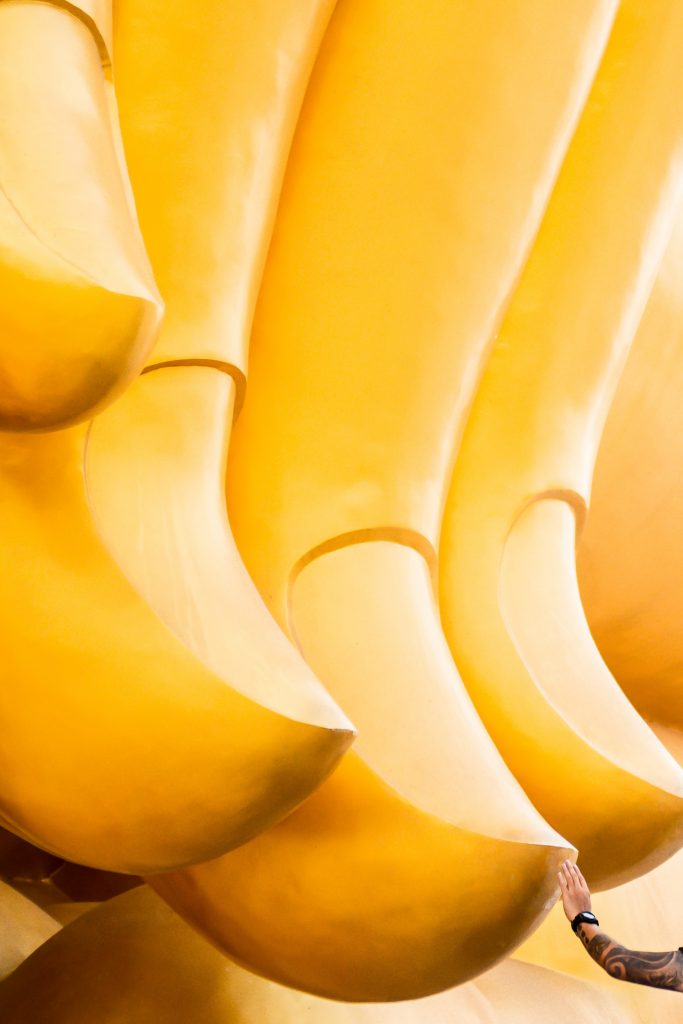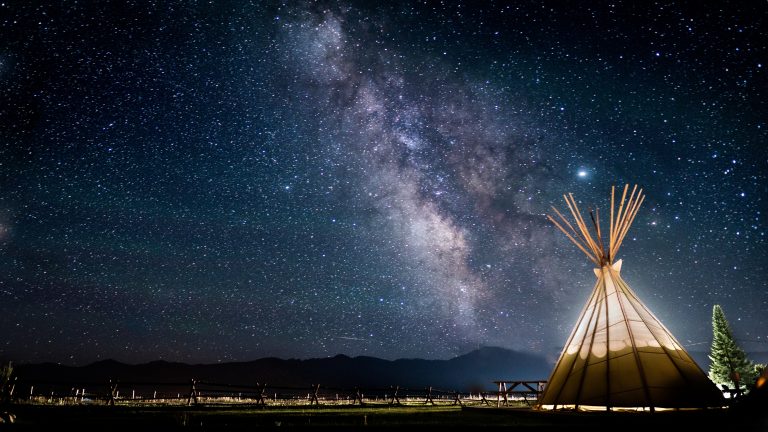Home > What is worship?
What is worship?
By Esther Lee
“I need to worship because without it I can forget that I have a big God beside me and live in fear. I need to worship because without it I can forget his calling and begin to live in a spirit of self-preoccupation. I need to worship because without it I lose a sense of wonder and gratitude and plod through life with blinders on. I need worship because my natural tendency is toward self-reliance and stubborn independence.” John Ortberg

What is worship?
The definition of worship is to express the worth of something. The Christian worldview, and most religious worldviews would say that God is the name of the highest being, the life source of all things, and therefore is ‘worth’ the highest value of all things, living and not.
By this definition, to worship something is to consciously, intentionally ascribe value to it and to express this through thoughts, actions, decisions, words. As created beings, we have an inbuilt desire to worship something or someone – if it’s not a god then it might be an idea, or a dream, the value of something like family or politics, or even ourselves. As Dostoevsky states, ‘Man, so long as he remains free, has no more constant and agonising anxiety than find as quickly as possible someone to worship.’
If God is the source of all things and beings, the fact of our existence and the existence of all things is worship to him, whether we choose to acknowledge him as God or not.

‘When I look at the night sky and see the work of your fingers – the moon and the stars you set in place – what are mere mortals that you should think about them, human beings that you should care for them? Yet you made them only a little lower than God and crowned them with glory and honour.’ Ps 8:3-5
Our existence reflects the creativity and the wisdom of God – we are living, breathing displays of all that he is. If we find things beautiful, that tells us that God is the epitome of beauty; if we are awestruck, then God must be the most awesome; if we are moved to love, then God is the most loving. By definition as creator, God must be the fullness of all things – the greatest measure, and the Christian understanding of God which is paramount here, is that he is fully good.
Therefore, although our existence represents the beauty of God and is therefore worship in itself, the foundation of a consciously worshipful life is first, to acknowledge that we are created beings whose existence was a conscious choice by a creating God, sustaining all things with his life source.
Consciously engaging with a worshipful life protects us from pride and self-centredness, the biggest threats to a truly worshipful heart, because self-centredness and pride elevate us higher than the worthiest being. As a result, we can be cut off from receiving the deep purpose God has written into all things, because we’re busy writing our own purpose and methods. This is a bit like the Greek myth about Narcissus; we can become so fascinated with our own beauty and capability that we fall in love with the idea of ourselves and forget that we were first created, not creators.
However, even if you don’t ascribe to the Christian worldview, if we make an active choice to acknowledge the being ‘God’ for who he is by definition – the most powerful, most ‘other,’ most creative, most wise being – then we begin to remind our souls of the true order of things in the universe.

The Christian worldview would believe that God created out of an overflow of love and delight to create, because he is the definition of goodness. This foundational view means that God, therefore, has no darkness within him. Fully kind, fully generous, fully wise, fully powerful, fully engaged; the fullness of all good things is found within the being of God. If God was the most powerful force but not fully good, we could still ascribe worth to him, but the result would be fear at his size and power. This is the case in other religions who revere their god, but don’t believe he is good. However, the Christian worldview would speak of a fully good God, and the result of this for us is safety, peace, hope, resulting in a heart of awestruck, humble gratitude.
So worship begins with a mindset, or a heart stance. A belief of God’s goodness and ultimate worth that filters across all things; a sense of order to creation, with God as the highest being. Here we learn a side effect of worship that is crucial for a wise, humble and balanced life; that is perspective.
‘The spiritual journey is a constant interplay between moments of awe, followed by a general process of surrender to that moment. We must first allow ourselves to be captured by the goodness, the truth, or beauty of something beyond and outside ourselves. Then we universalise from that moment to the goodness, truth, and beauty of the rest of reality, until our realisation eventually ricochets back to include ourselves.’ (Richard Rohr; ‘Just This’)
What does this mean practically?
As Christians, we believe that our whole lives are worship, and so our role is to begin to engage with this intentionally. To see the value of mundane acts because they glorify God just as much as the deeply thoughtful acts. God designed us to be most fulfilled when we are acting in correct relationship with him. In his kindness, he designed us to need the very thing that brings us life: worship and connection to him. Therefore as created beings, we should engage with the way we’ve been designed – to carry the attributes of God and to actively engage these, reflecting his nature in our creativity, our generosity, our delight, our whole-heartedness. We are our true selves when we invest in these attributes because we partner with God’s original design, and subsequently we aim to live in a way that means these attributes of God are visible across all areas of our lives.
In our next article we will look at some ways to engage with this practically, including some creative activities to try at home.

Prayer for the week
For now, let’s use this prayer to help engage a worshipful heart over the next few days:
Dear Lord, thank you that you are the wisest, most generous being, who has given us the honour of being created in your image. We choose to recognise you today, as the God who designed us with a purpose, and we surrender our sense of self-importance to you again. Help us to remember that we are the created ones, help us to live humbly and with hearts of deep gratitude and joy. Thank you for the dignity of work, and for your value of the small daily acts that reflect our humanity. We choose to see these as worship to you, and want to approach all things with whole-heartedness as worship to you. Please help us in this, Holy Spirit.
Talk to a Mentor
What hit home for you in this article? Would you like to discuss anything in particular?
Just fill in the form below and one of our mentors will get back to you as soon as possible.
Our mentors aren’t counsellors, but they are ordinary people willing to join others on their spiritual journey in a compassionate and respectful manner.

